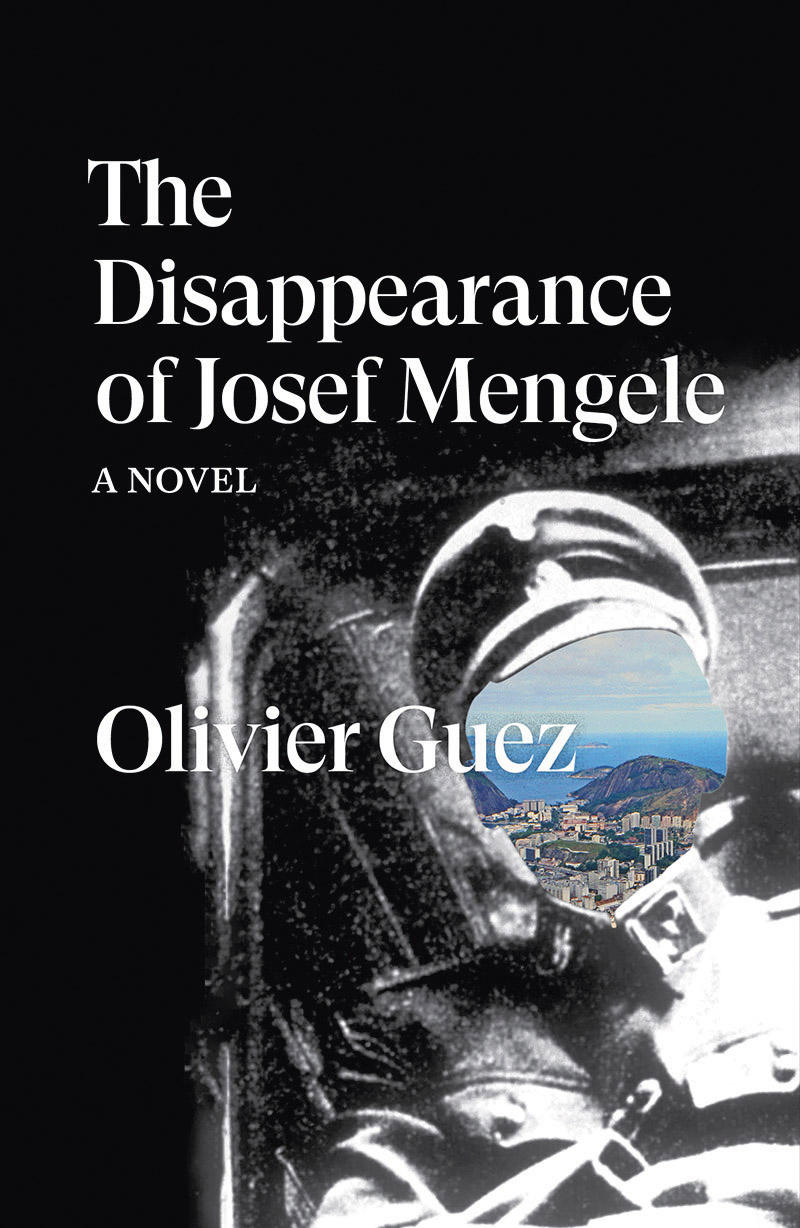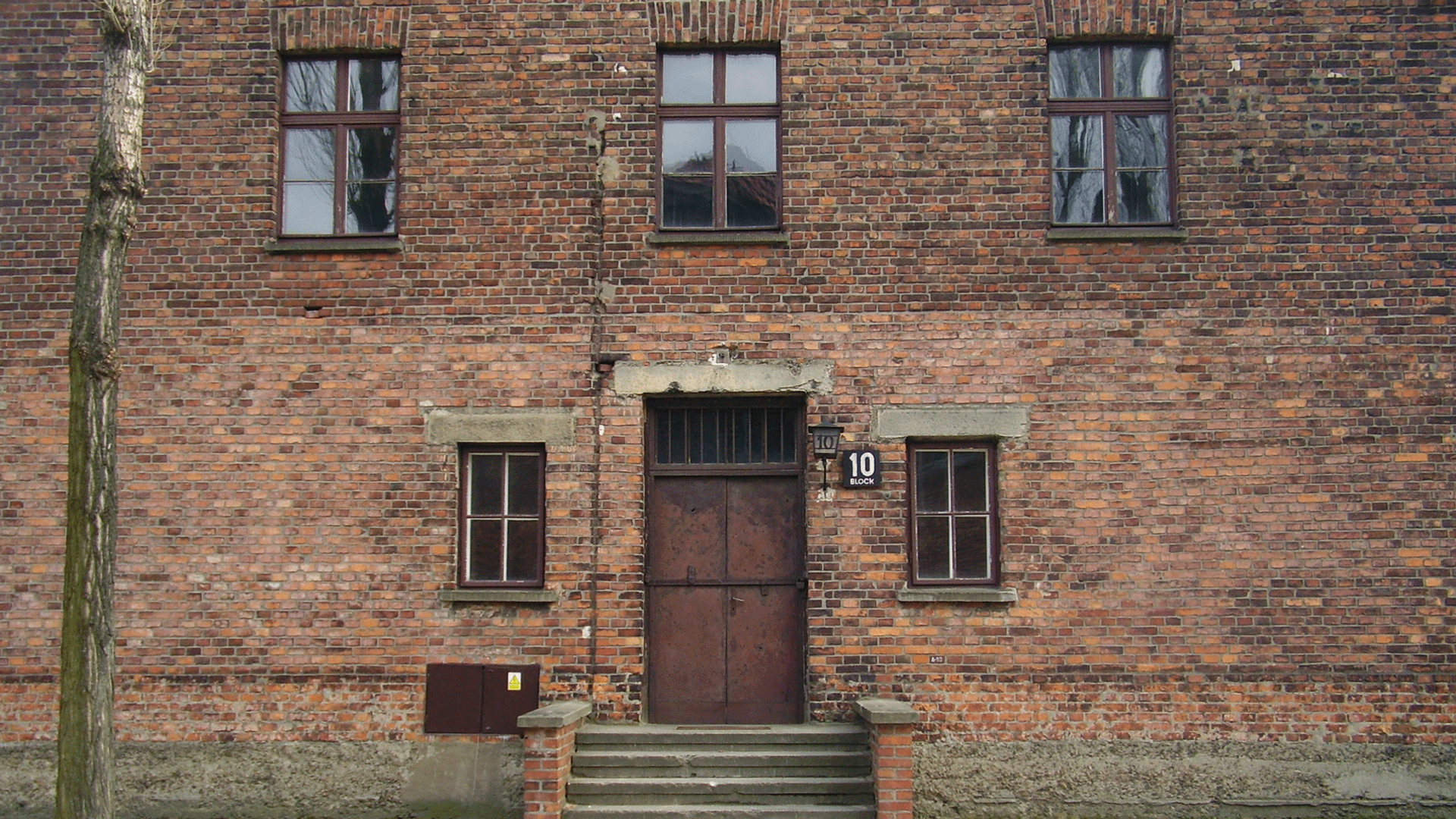The Disappearance of Josef Mengele by Olivier Guez comes to us after a long period of anticipation. First published in France in 2017, it won the Prix Renaudot in its native country and now makes its way to Anglophone audiences through the radical indie press Verso and a faithful translation by Georgia de Chamberet. The cover proclaims it to be a factual novel, another proponent of that strange genre known as “narrative nonfiction” whereby real-life events are recounted using the style, register and voice of a novel. It’s a style that hits as much as it misses, but in the hands of Olivier Guez it flourishes in ways I’ve rarely seen before.
The novel is an account of the post-Holocaust years of the infamous surgeon of Auschwitz, Josef Mengele. He, along with numerous other Nazis, flees to Argentina after the events of World War II in hope of seeking refuge and exile under the wing of the country’s leader, the wannabe fascist Juan Perón. Mengele lives in relative peace under numerous pseudonyms for a few years until news breaks that the Israeli intelligence agency Mossad have taken it upon themselves to hunt down and execute all remaining high-profile members of the Nazi party. For the next few decades of Mengele’s life, he becomes one of the most high-profile fugitives on the planet.

Guez’s novel is a subversion of the espionage genre: it’s a book where you desperately want the main character to be caught. In contrast to the popular media image of Mengele at the time, which painted him as living the life of luxury in South America, always just evading capture, Guez’s meticulously researched account of Mengele shows him as a man afraid of his own shadow, cowering and often sick from anxiety. He humanises Mengele as much as one can humanise someone known as the Angel of Death.
Guez cannot alter the facts of history however, and, as much as the reader is anticipating it, Mengele is never caught. He dies on a beach in Brazil in 1979 after decades of evading capture. The non-ending of Mengele’s life doesn’t sour the narrative though, it’s true history constructed with the tools of Le Carré and Len Deighton. The Disappearance of Josef Mengele is unmissable, a constantly enthralling portrait of pure evil.
You can buy The Disappearance of Josef Mengele from The Big Issue shop on Bookshop.org, which helps to support The Big Issue and independent bookshops.
This article is taken from The Big Issue magazine, which exists to give homeless, long-term unemployed and marginalised people the opportunity to earn an income.









